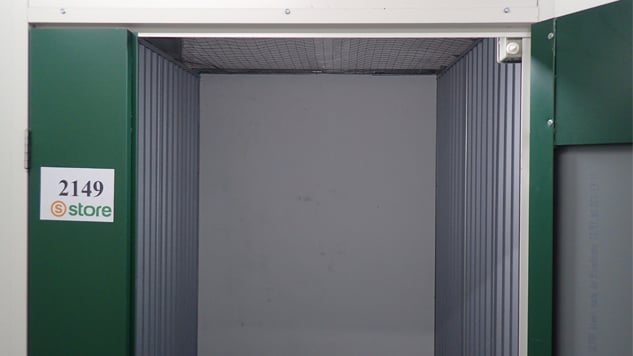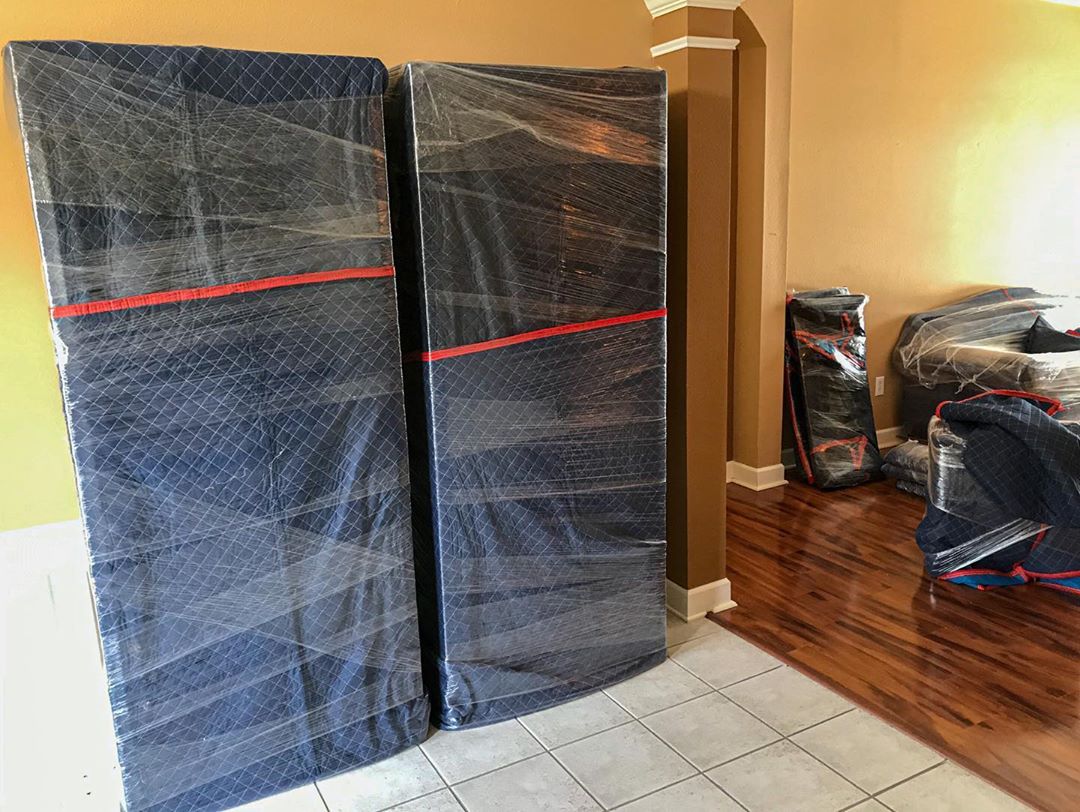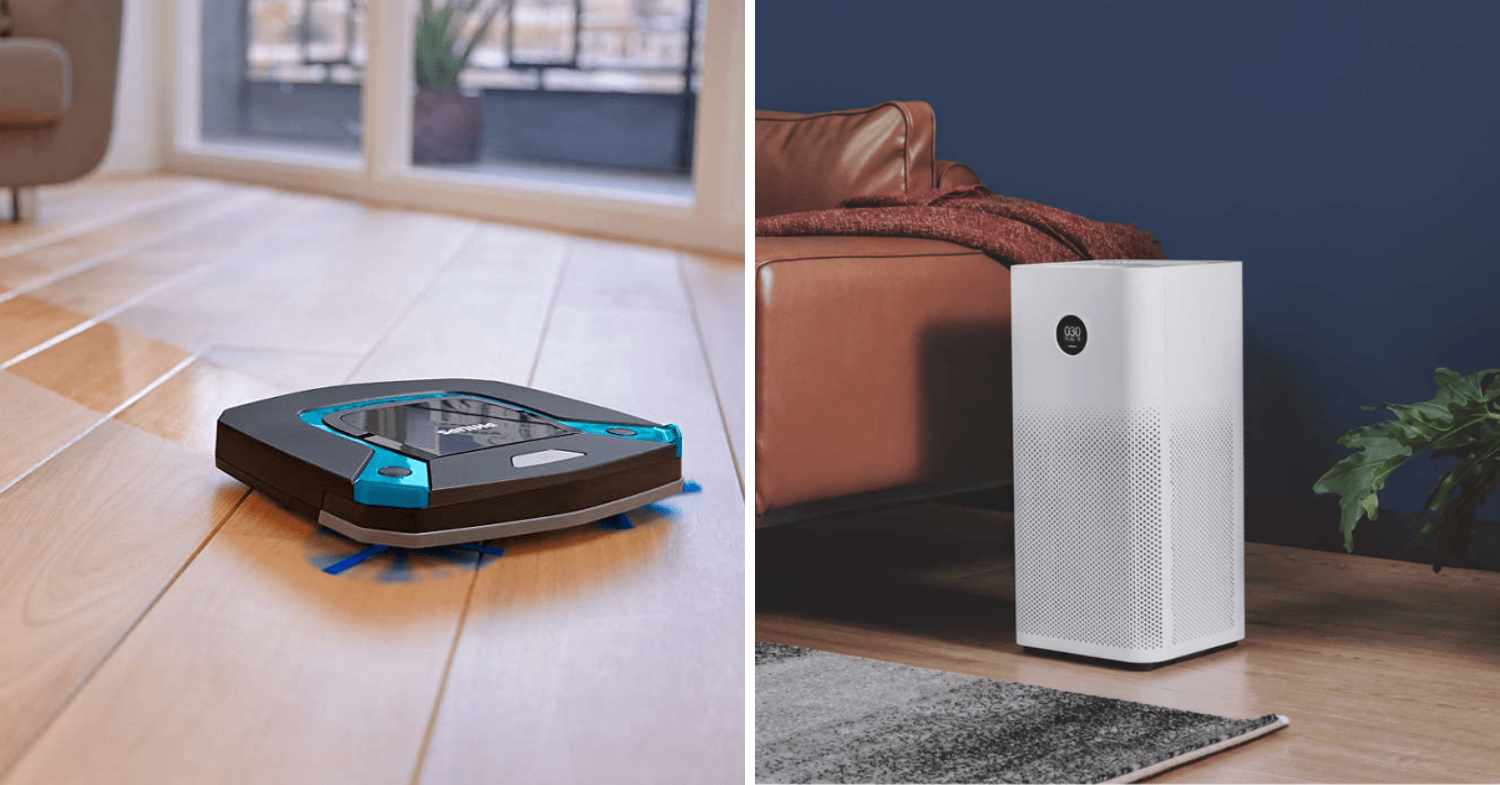HDB renovation guideline
Many of us get super excited about transforming our old flats into a dream home, one that could possibly rival those on interior design magazines and Pinterest. While it’s satisfying to watch your grand plans come to life, there are many practical HDB renovation guideline considerations to contend with for a fuss-free reno experience.
From seeking HDB’s approval to decluttering your house, we’ve got you covered with this pre-renovation guide including HDB renovation guideline considerations so that it’ll be a smooth transformation journey.
Check out more HDB-related guides here:
1. Seeking approval from authorities

Before you start sawing and drilling away, check if any of your planned works require HDB approval. For instance, if you’re hacking down a wall without permission, HDB can get you to undo your changes while you bear the added cost.
Even when carrying out renovation works that don’t require a permit, there are still HDB renovation guideline considerations to ensure safety. Most importantly, you’ll have to engage a contractor that’s listed in the Directory of Renovation Contractors (DRC) who has been rigorously trained on safety guidelines.
Read more to learn about HDB renovations that are actually illegal.
2. Informing neighbours before carrying out noisy works

Image credit: Billy Tran
Nothing is more annoying than being rudely awakened by the noise of our neighbours’ renovation works. Now that it’s our turn for a home makeover, we realise that there’s no way to avoid causing disturbance. What we can do though, is to inform our neighbours at the pre-renovation stage so that they can mentally prepare for the upcoming chaos.
Apart from pasting a Notice of Renovation outside your flat, you’ll have to personally notify your neighbours in writing at least 3 days before any work commences.

Boxes shaded represent the units you should inform about your renovation
Image credit: HDB
Basically, you’d have to inform those residing on the same level, as well as your “upstairs” and “downstairs” neighbours. Note that noisy works like hacking and drilling can only be conducted between 9AM – 5PM, and must be completed within 3 weekdays to minimise disturbance to your neighbours.
For minor DIY improvements, ensure that you stop all disruptive works like hammering between 10.30PM – 7AM – even if you’re all pumped to complete everything at one shot.
3. Finding the right place to stay

If you’ve already spent a bomb on renovation works, you can save on accommodation by opting to live with the ongoing renovation or bunk in with family or friends.
While Airbnb and short-term rentals might be tempting, they’re unfortunately illegal in Singapore. As such, your best bet would be to go on a staycation during the peak of renovation works.

If you’re feeling boujee, you can opt for atas hotels (from $92.56/night) or serviced apartments that come with a kitchenette and ample living space. For those working on a tighter budget, affordable hostels (from $28/night) will be sure to provide you with a cosy and comfortable place to put up for the time being.
4. Asking your ID/contractor questions
You might have an idea of how your dream home looks, but you’d probably need the expertise of professionals to help plan and execute your vision. Unless you’re working on a small-scale project, most of us would either engage an interior designer (ID), contractor, or maybe even both.

Getting insights from your ID and contractor
Throughout the renovation period, your ID handles the what – like what materials to use and what the floor plan is. They also double as project manager when works begin, ensuring that your renovation timeline is followed to a tee. Contractors, however, specialise in the how – providing the muscle required for hacking and installation.
It’s important to understand their unique roles, and what each party can do for you. To help you best communicate with your ID and contractor, here are some specific questions you can ask to gain more insight:
ID:
- What design ideas do they have in mind after viewing your property?
- How feasible are your ideas? Are they able to incorporate it into their design plan?
- What are some of the works they’ve engaged in? Can you visit their past works?
- What is the project timeline like?
- What are the works that will take up the bulk of the budget?
Contractor:
- What is their payment schedule like?
- What does their warranty cover and how long is their warranty period?
- Are their subcontractors also HDB-approved?
- What are the different permits they require for this project?
- How many other projects are they currently working on? Will those affect your completion timeline?
- What are some measures they take to ensure a safe working environment?
5. Decluttering your HDB

S-Store Self Storage – good for safekeeping your belongings during renovation
Image credit: S-Store
It’s time to channel our inner Marie Kondo – to make space for renovation works and safeguard things that spark joy. Renovations often involve many workers milling around your house with bulky and heavy equipment. Carting your belongings off to a storage facility helps avoid damage and playing the blame game when things inadvertently go missing.
You can utilise storage spaces for bulky furniture and compact valuables alike, or get a safe to store valuables at home. If you’re extra particular about your belongings, you can keep documents or jewellery in your bank’s safe deposit box.
6. Guarding against dust and damage
While normal day-to-day dust can be easily settled with a broom and dustpan, you’ll have to deal with super fine and even toxic particles produced by drilling and heavy works.

Image credit: @floridaboysmoving
For furniture including wardrobes, sofas, and cabinets, you can wrap them up with plastic film to guard against dust and scratches. You can even take the extra step to seal your wardrobes and cabinet openings with duct tape so that you don’t get dusty clothes. You can also install dust barriers like Zipwall ($47.28) to seal off entire rooms from the pervasive debris.
At the end of each day, remember to vacuum the dust away so that it doesn’t get a chance to accumulate on surfaces. An air purifier is another nifty tool to make your living space more “breathable”.
Pro tip: purchase vacuums and air purifiers with high-efficiency particulate air (HEPA) filters – they can trap even smaller particles as compared to standard appliances.
Check out house cleaning services for a thorough post-reno cleanup.
7. Planning your budget with a buffer

It’s almost impossible to plan your budget to the very cent – there will be unexpected costs that pop up during the renovation process itself. Accidents might bring about repair costs, while unforeseen issues and last-minute material changes can incur replacement costs.
One tip to make sure you stay within your budget is to ask for an ID or contractor quote of about 80% of the amount you’re actually willing to fork out for the project. This way, you’ll have some “back up” cash to deal with these extra costs, and not exceed your original budget.
Pro-tip: don’t be too eager to engage the cheapest contractor – go for experienced ones who can help to minimise mistakes and accidents on the worksite.
HDB renovation guideline
Before you jump the gun and start any renovation works, make sure you’ve checked off each HDB renovation guideline pre-renovation consideration. That way, you’re all prepped for a renovation journey that will lead to your dream house with minimal hiccups!
For pre-renovation tips and inspiration, check out:

